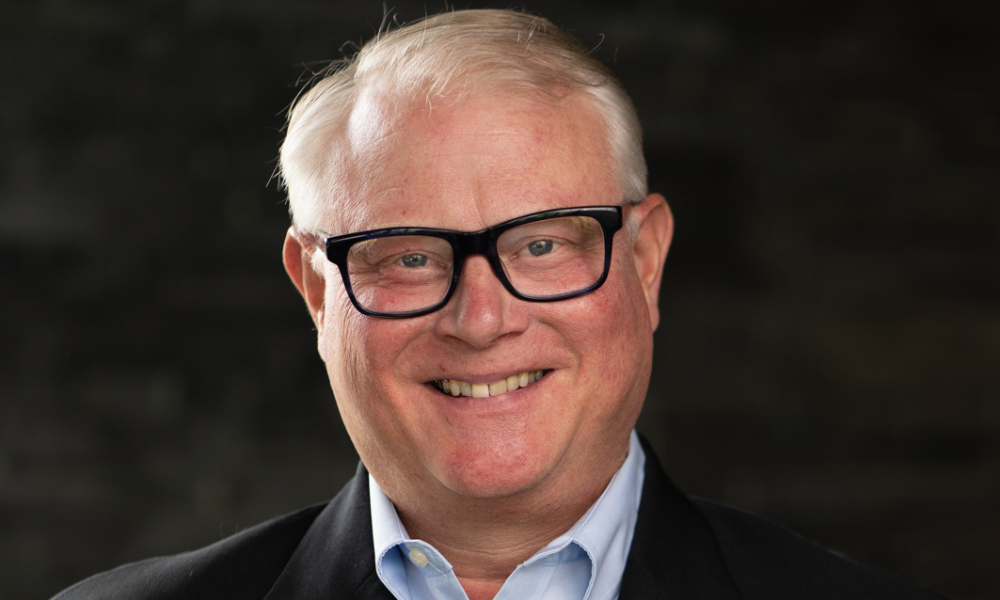More needs to be done to move the industry away from a culture of sales to one that prides itself on educational standards, suggests a wealth advisory director.
Those beholden to financial product manufacturers and distributors shouldn’t be able to call themselves planners, according to a wealth advisory director.
Fausto Pastro of William Buck - a network of financial advisors and accountants - spoke to WP in light of the accounting and advisory firm winning the coveted “licensee select NSW practice of the year” award for the second- year running.
In reaching its decision, the award’s judging panel acknowledged the firm’s client-centric business philosophy, focus on high-quality advice, and forward-thinking leadership team.
Pastro said a secret to success was the absence of any potential conflicts of interests – real or imagined – that could distract from truly seeing to the client’s cause.
“From our perspective, we have an absolute focus on the client and an alignment with their needs and aspirations,” he said.
The biggest hurdle financial advice is facing is the struggle to migrate away from an industry and embrace a profession, Pastro said, adding that changes in legislation can only go so far.
“What really needs to change is the mind-set…with industry you put yourself first, but with a profession you put your clients first and eliminate all conflicts.”
Financial services will struggle for as long as it permits advisors to be “owned” by the manufacturers of financial products. The journey would be made a lot easier if there was a complete separation from delivering advice and selling financial products, he said.
“I would like to see greater clarity in describing ourselves. We shouldn’t be able to call ourselves a planner if we are beholden to groups that are manufacturers and distributors."
One Toronto advisor agrees with Pastro, but adds that often the financial planner feels trapped and is more concerned about losing their job, than fighting the greater cause.
"There are very, very few people in this industry who are not trying to keep up with the Jones’ therefore they have to make the sales, or if they’re working for broker firm they must have a certain amount of income coming in ... or they don’t get paid, they don’t get kept, they get ditched," says Lynda Weinrib, investment funds advisor with Worldsource Financial Management, Inc. "It’s goes on and on and on , giving a lot of people a reason to put 'me' first."
According to Pastro, the wider industry still has a way to go in terms of educational standards, but he says historically this is because it grew out of a sales environment.
“To sell products, education isn’t so much at the front of your mind, but I think a transition has been taking place...” he says.
Education is a key focus at William Buck, which has grown over 15 per cent per year over the past decade, according to Pastro. He says a strong emphasis is placed on the ongoing development of its advisors.
“Education is part of our expertise and we shouldn’t compromise on that – it’s what our clients pay us for,” he said. “Many of us have an accounting background, so education comes naturally as it’s been something we’ve been doing on a continuing basis. That helps big time, because it’s second nature to us.”
Related Stories:
Are you 'stuck between a rock and a hard place?'
Advisors, investors fall prey to mutual-fund mirage
Add-on insurance, modus operandi or sales tactic?
Training deficit harms industry: Education pioneer



